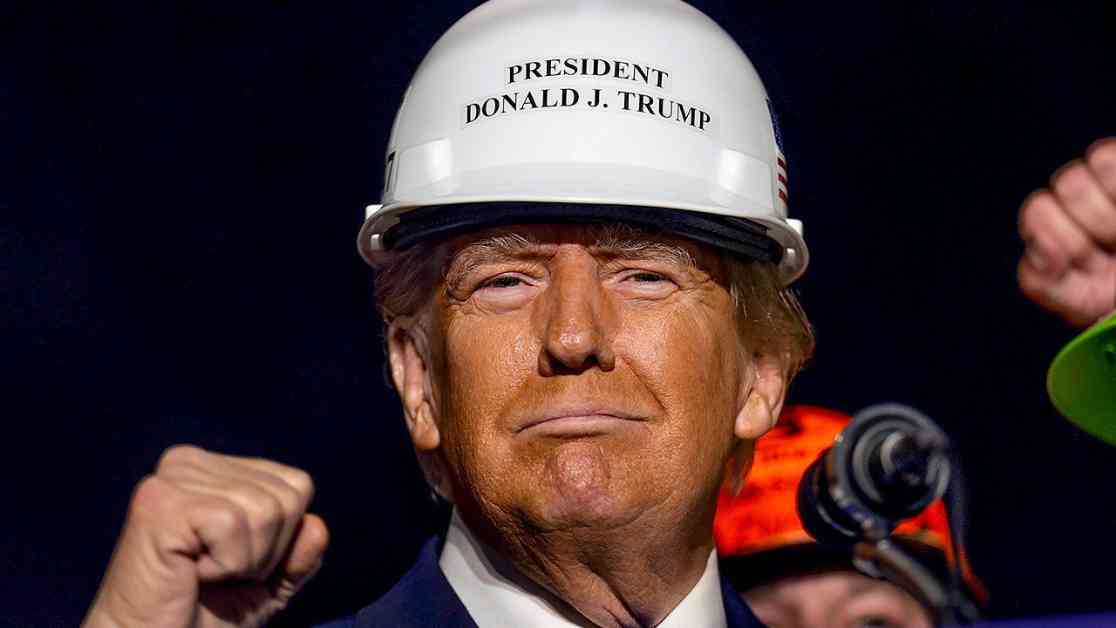America’s unions have experienced significant victories this year, with workers across various industries successfully fighting for better wages and working conditions. However, amidst this backdrop of progress, a looming concern has emerged – the support of workers for President-elect Donald Trump, and the potential implications this may have for organized labor.
In November, 33,000 machinists at Boeing secured a remarkable 38% wage increase over four years after a grueling seven-week strike that nearly crippled the company. Prior to this, 47,000 dockworkers staged a three-day walkout at key ports, and just before Christmas, the Teamsters union called for a nationwide strike against Amazon, aiming to disrupt holiday deliveries.
Workers’ Support for Trump
Despite these victories, a growing number of workers are showing unwavering support for President-elect Donald Trump, who has a track record of anti-union sentiments and policies. This unexpected alliance between blue-collar workers and a business tycoon has raised eyebrows within the labor movement, leading to concerns about the future of unions under the incoming administration.
Implications for Organized Labor
The rise of Trump’s popularity among workers poses a significant challenge for unions, as his policies and rhetoric often clash with labor rights and collective bargaining. With Trump’s pro-business stance and promises to roll back regulations, unions fear that their hard-fought gains could be in jeopardy, making it crucial for them to reassess their strategies and engagement with members.
Looking Ahead
As unions navigate this complex landscape, it becomes increasingly clear that the traditional dynamics of labor relations are evolving in the face of changing political and economic realities. The coming years will test the resilience and adaptability of unions as they strive to protect the interests of workers in an uncertain future.
In conclusion, while the victories achieved by unions this year are commendable, the shifting political landscape and the unexpected support for Trump among workers signal a challenging road ahead for organized labor. As unions grapple with these new dynamics, their ability to adapt and advocate for workers’ rights will be crucial in shaping the future of labor relations in America.



















